What traveling during the COVID-19 pandemic taught me about people
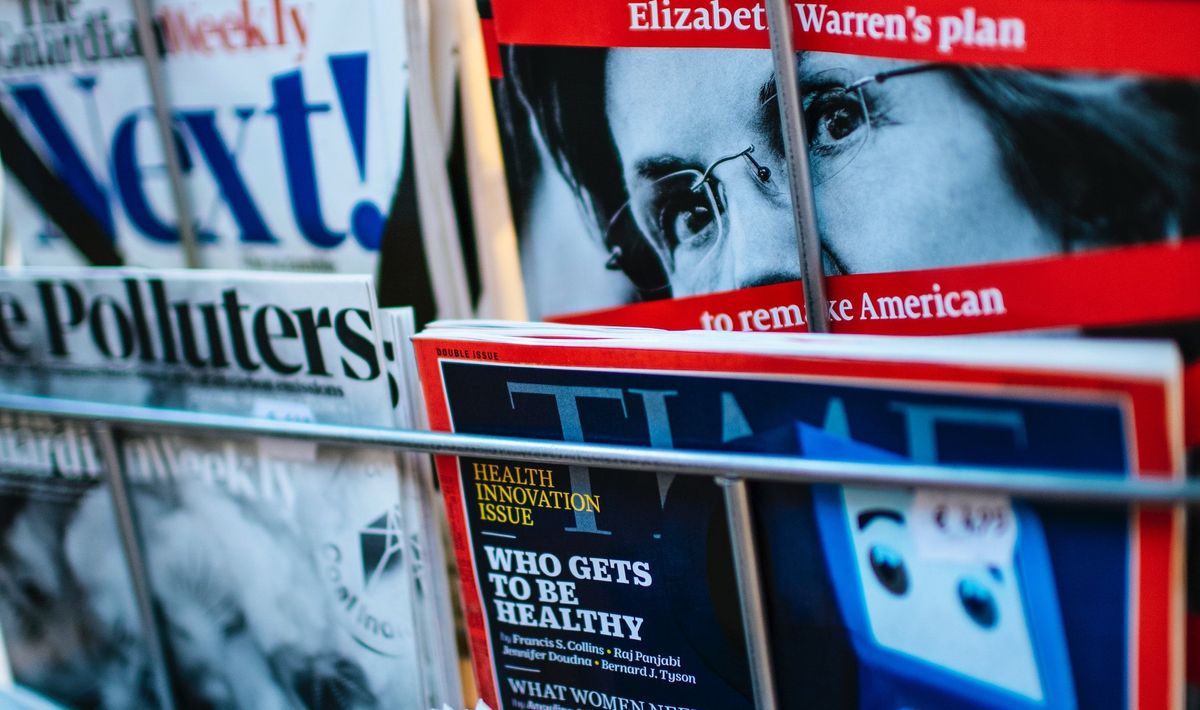
In February 2020, the SARS-CoV-2 didn’t seem like a real threat in many European countries. It was something worrisome, or even scary, but it was happening mainly in China. We were in Zagreb, Croatia at the time, and three cases have been detected in the whole country.
Back then, we innocently believed in the capacity of the authorities to prevent this virus from spreading. There were just a couple of cases, and there had to be a way of tracing them back to patient zero and isolating everybody involved. How naïve.
At the end of the month, we traveled to Serbia. Then, on the last day of February, we took a bus to Sofia. One week after we arrived in the Bulgarian capital, with just twenty-three cases, the first (and strictest) lockdown entered into force in the city.
Our stay in Sofia and why I took a plane yesterday
Days later, European countries started to close their air traffic, and Bulgaria canceled all trips to and from Spain. We were trapped. At that moment, given the gravity of the situation, we decided to stay in Sofia indefinitely, at least, until the pandemic was over.
We’ve been for almost a year in this beautiful city, which happens to be a perfect spot for digital nomads and slow travelers. However, yesterday we took a flight to Spain to see a family member that’s in the hospital now.
It’s one of the situations in which you have to be there, regardless of everything else.
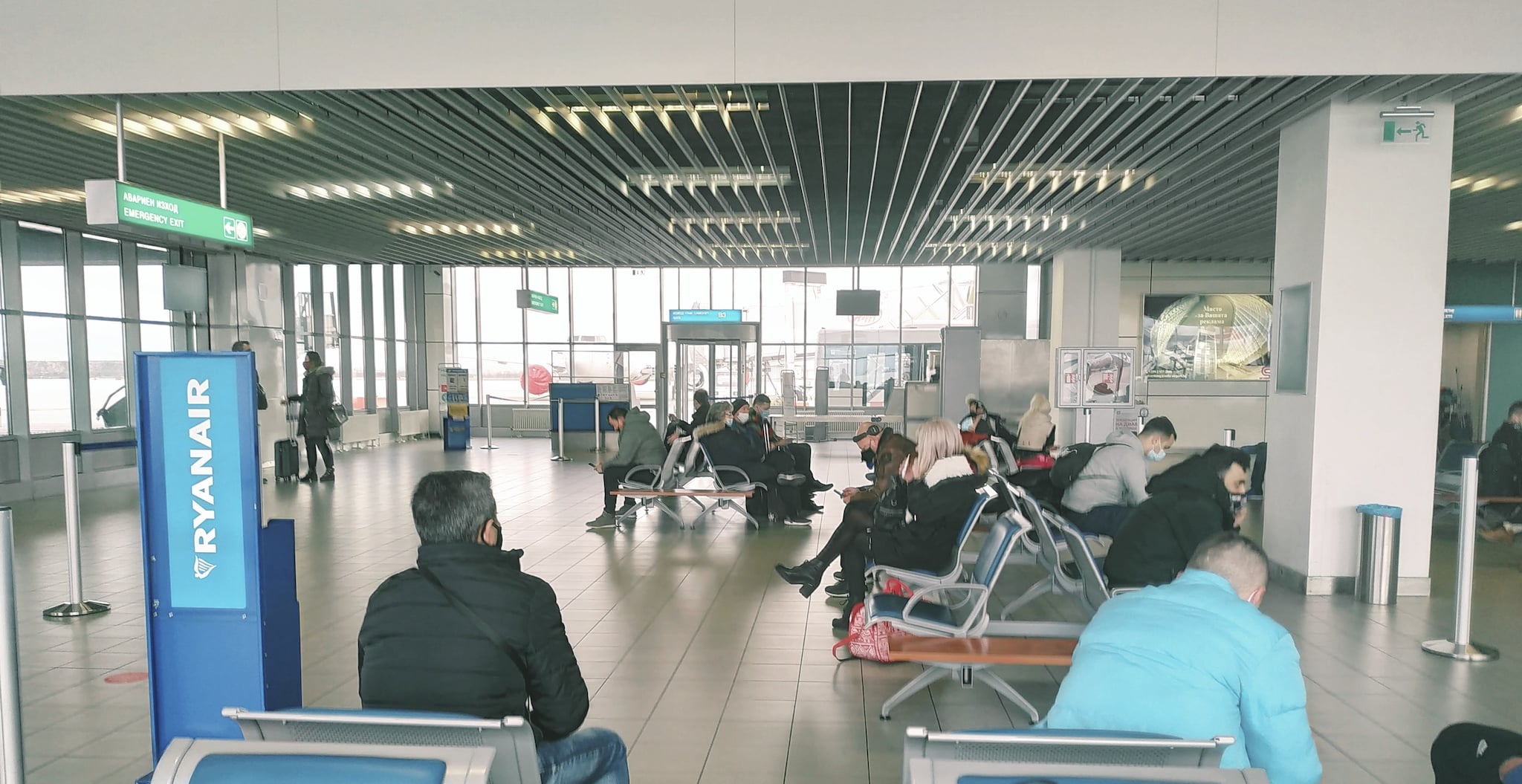
Expecting the worse
I knew that I had to take a flight, so I braced for the worst. After months into the pandemic, I already knew that a significant percentage of the population ignores, disregards, or even denies it. I got ready for that.
I had no idea how strictly would the airport staff and airline crew enforce the safety precautions and sanitary guidelines. I suspected not too firmly. I had to simply accept that people won’t be wearing masks, or will be wearing them under their noses or chins.
Our short stay at the airport confirmed my suspicions. While half of the people there complied with the rules, the other half didn’t really care at all. A lady was happily vaping while waiting for our plane to be ready at the boarding gate.
The situation inside the plane was only slightly better. While most people were wearing their masks at the beginning, as soon as the stewardesses disappeared from sight, a lot of them removed their masks. Some passengers were not even wearing masks at all, but badly positioned bandanas. There was even a guy who took a nap, loudly snoring, during most of the trip.
Fortunately, everyone in that plane had to go through a PCR test. While it is not a certainty (these tests are not 100% accurate), it gave me some peace of mind. Bulgaria unfortunately does not ask for PCR tests, so I may not be so relaxed on my way back.
Traveling by plane is becoming more uncomfortable for me year after year. The new COVID-19 measures don’t help, but I kept my mask on during the whole flight.
It is not that hard. It is indeed so easy to do the right thing and care about others… I have asthma and I train and cycle with the mask on. Nobody can honestly say that the mask won’t let them “breath”. That’s bullshit. They are simply incapable of doing something just slightly uncomfortable for the wellbeing of others.
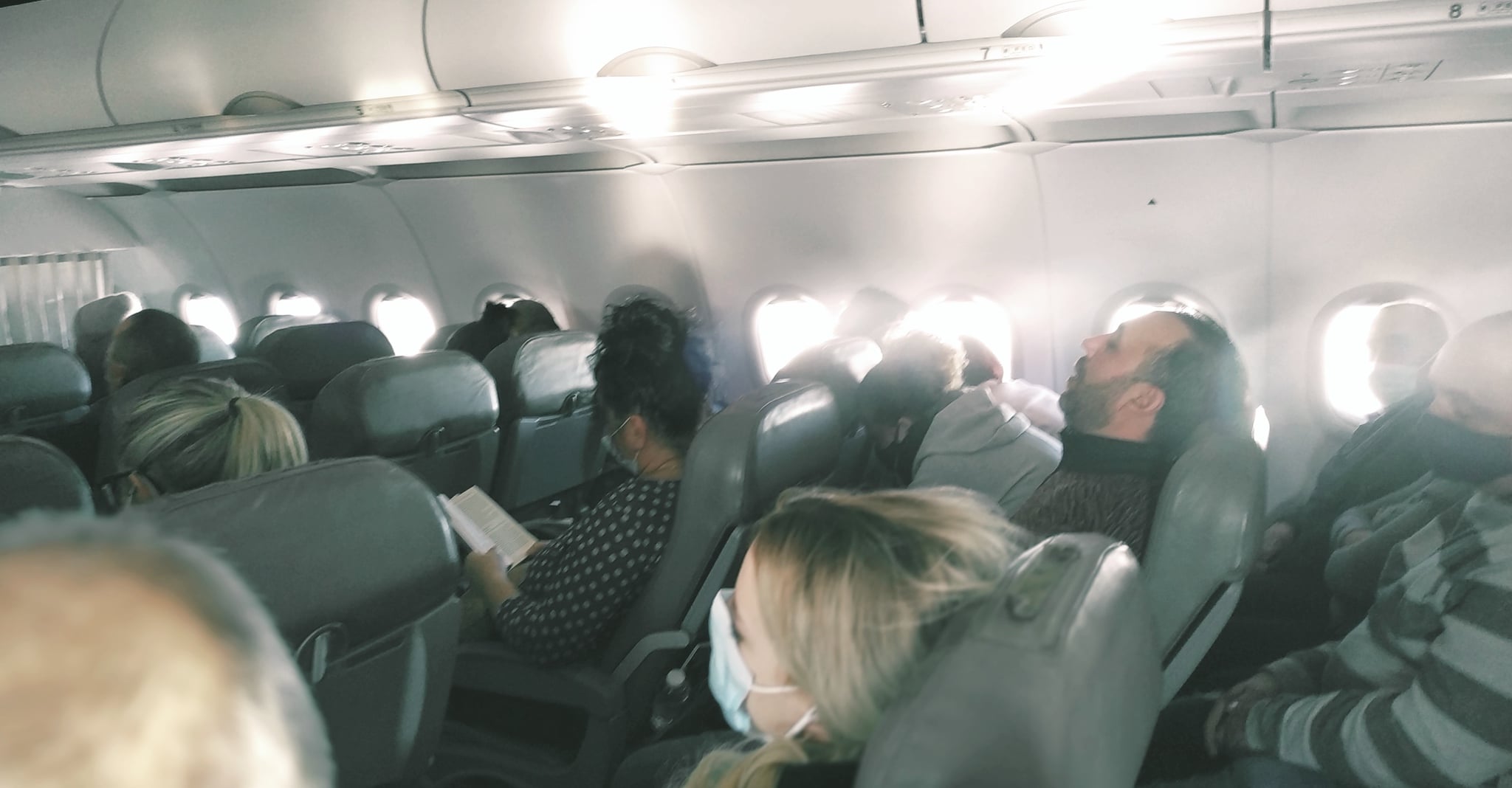
Why do people act like that?
And that takes me to the one-million dollar question. Why do people act like that then? It is a complex question without an easy answer. My opinion in that sense is quite strong. I wrote before about my progressive disenchantment with mankind during the pandemic.
You can say fake news, social media, and misinformation play an important role in spreading lies, or that leaders such as Trump, Bolsonaro, and others are to blame for confusing people, but that would be evading our responsibility.
The role of social media
Before social media, the spread of misinformation was limited. If you heard something about vaccines being dangerous for your child, or any conspiracy theories about chips being implanted in your body, or mind control through 5G, chances are, somebody would get these absurd ideas out of your head.
A friend would probably say: “Are you listening to yourself?”. Or perhaps you would visit a doctor (she is the one with a degree in medicine after all) and let her know of your concerns regarding vaccines. She would promptly dismiss your baseless fears with the help of science and facts.
Today, people use Facebook as their main source of answers. If they want to travel to Bulgaria, they ask on Facebook about requisites, VISAs, or PCR tests, instead of asking the embassy. That means they vomit their question on a Facebook group and trust the answers from complete strangers instead of relying on the official sources of information. Some of these answers may be misleading, outdated, or simply wrong.
Unfortunately, people do that with all kinds of questions, including medical ones. Asking for advice to strangers, friends, or family members about a possible medical condition is as dangerous as seeking their advice regarding topics such as vaccines.
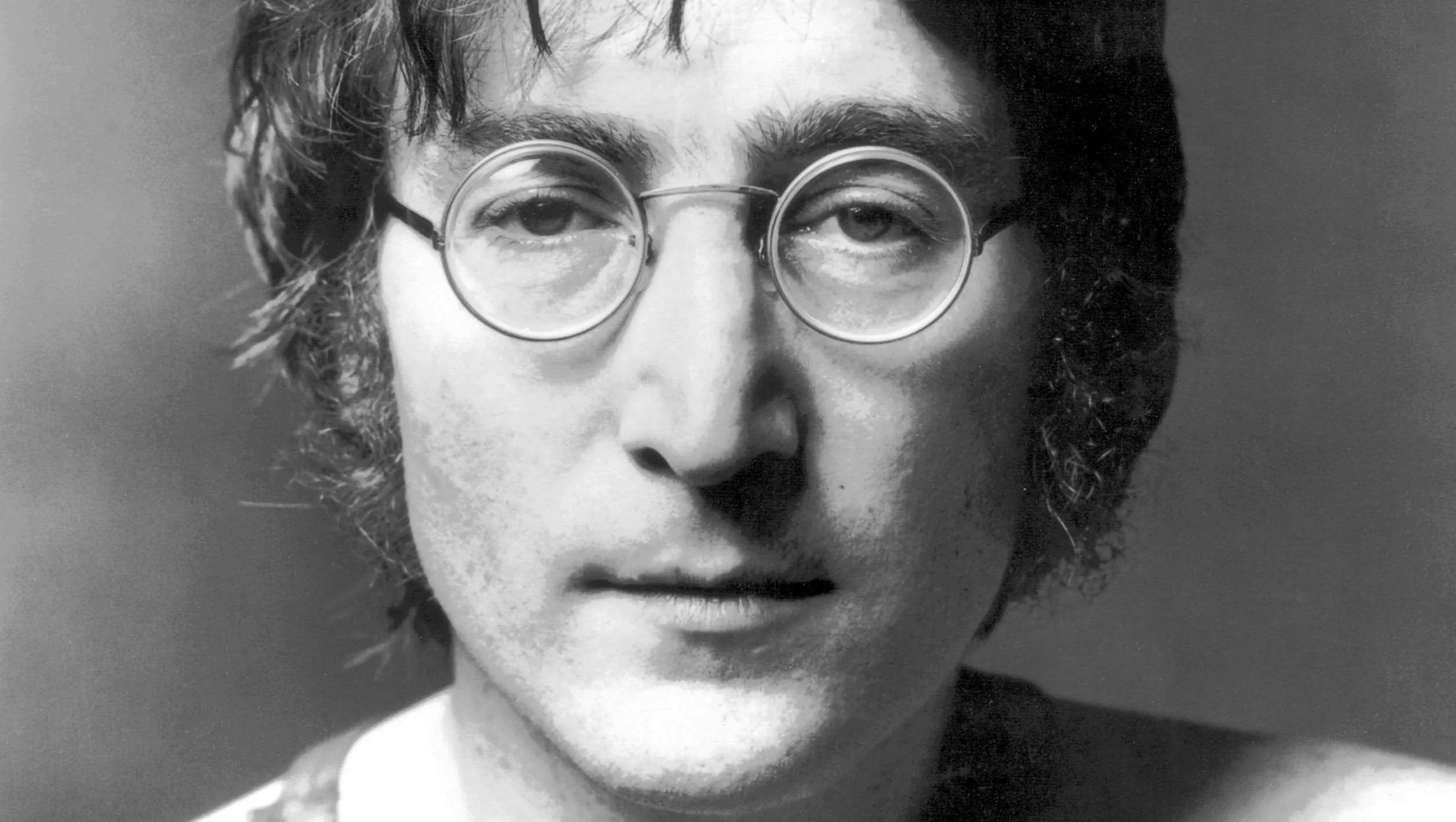
The amplification of misinformation
The real danger of social media is how it allows these people to gather and share misinformation. Facebook, Twitter, Instagram, and others are acting as amplifiers of conspiracy theories, anti-science groups, political extremists, and anti-vaxxers.
Without this powerful megaphone to shout out their messages, these fanatics would stay isolated in their respective parallel universes. Covered by the 1st amendment of the US constitution, the companies behind these social media platforms usually invoke freedom of speech as a divine right to avoid their responsibility in the matter.
The problem here is that the spread of misinformation, fake news, and hate is growing. Our societies are becoming more polarized year after year. The fact that I can easily name at least 4-5 people I know that are anti-vaxxers or are at least willing to adhere to some of their theories is worrisome.
Where is our humanity?
During the pandemic, I have witnessed things I never thought I’d see, from politicians claiming that elder people should be willing to sacrifice themselves for the economy to young teenagers saying that they honestly don’t care if people die or not as long as they can party.
How did we get there? I also wanted to party when I was a teenager, but I would have never said such a terrible thing. Ignorance and misinformation alone cannot explain this lack of humanity.
Make no mistake, these are not isolated cases. It would be ingenuous for us to pretend these are just a bunch of lunatics we should not care about.
A large percentage of the population shares the same points of view. We have become so self-centered that we only care about ourselves. We live in a fake world of prettiness, good intentions, and beautiful manifestos, and yet, those same influencers that don’t eat animals and want social security for their dogs are protesting against COVID measures because “sickness and death are a normal part of evolution and nature and we should accept this fact and reopen our economies again”.
Have we become so collectively numb, one Instagram post at a time, that we only see this utopian world where each one of us is the center of a universe of youth, success, and beauty?
The dilemma of democracy and education
As I mentioned, my conclusion is quite strong.
I have a Chinese friend in Madrid. I love him, but even though he lives in a western democracy now, when it comes to political and social matters, his points of view are strongly influenced by the Chinese regime. He believes all information coming from “The West” is just anti-Chinese propaganda from the American or Western powers.
One of his most polemic claims is that it would be bad for China to become a democracy (obviously, he does not consider China a dictatorship). He argues that most people in China are uneducated, and if the country suddenly became a democracy, they won’t take good voting decisions. In other words, they would be easy prey for warlords and their vote will suffer from misinformation, corruption, and lack of real information.
While I cannot agree with his points of view on democracy and his defense of the Chinese communist dystopia, that is a valid point. Something similar has happened indeed in Afghanistan, [1][2], one of the biggest failures of a supposedly civilized country trying to impose a (currently agonizing if not already dead) democracy in a country by force.
Where are western societies heading?
That raises an interesting question for western democracies, where their citizens are becoming more and more ignorant, selfish, and gullible every day. Recent events such as Brexit or the Cambridge Analytica scandal have shown how easy it is to influence a democratic election process. We can only imagine which other social experiments are we being subject to every day.
The exponential growth experienced by QAnon and the fact that an otherwise normal person traveled from North Carolina to Washington D.C. to fire an AR-15 rifle inside a pizza restaurant because of something he read on the internet should worry us all.
Only after a furious mob stormed the US Capitol, Twitter, Facebook et al decided to close Donald Trump’s account, after allowing the president of a nation to spread conspiracy theories to all its citizens. Others, such as Bolsonaro, still have their accounts intact. Does the freedom of speech contained in the constitution of the country most of these platforms come from justify going to a second (but digital this time) dark age?
As I mentioned before, we cannot only blame social media platforms and evade our responsibility. Like John Lennon in “God”, I no longer believe in many things I used to take for granted, such as mankind’s humanity, solidarity, empathy, and judgment.
Conclusion
During the COVID-19 pandemic, I have lost faith in mankind. I no longer believe most people out there are capable of making rational decisions or feeling empathy or caring about anything else but themselves. This trip to Spain, after months of staying in Sofia, was the final nail in the coffin of my trust in people.
This is of course a generalization. There are many lights out there. Unfortunately, they are not enough to save us from the engulfing darkeness of ignorance, misinformation, conspiracy theories and fake news.

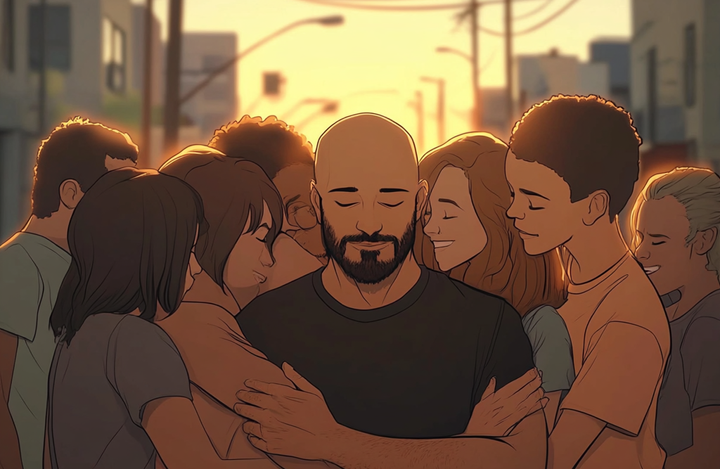
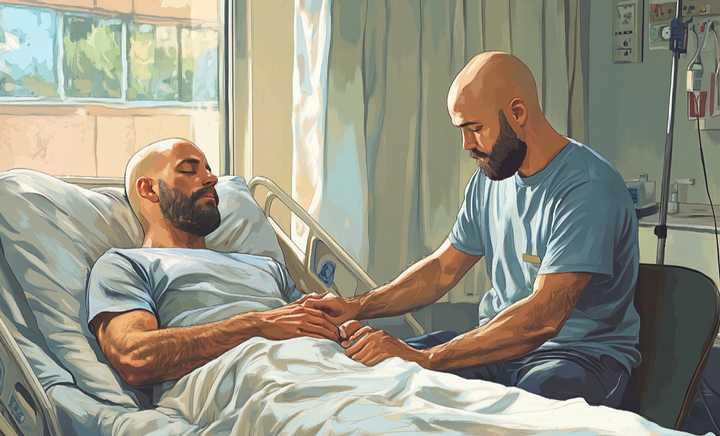
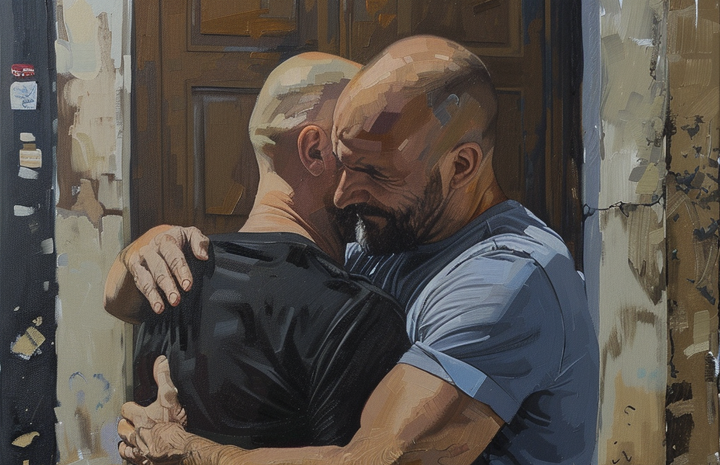
Comments ()